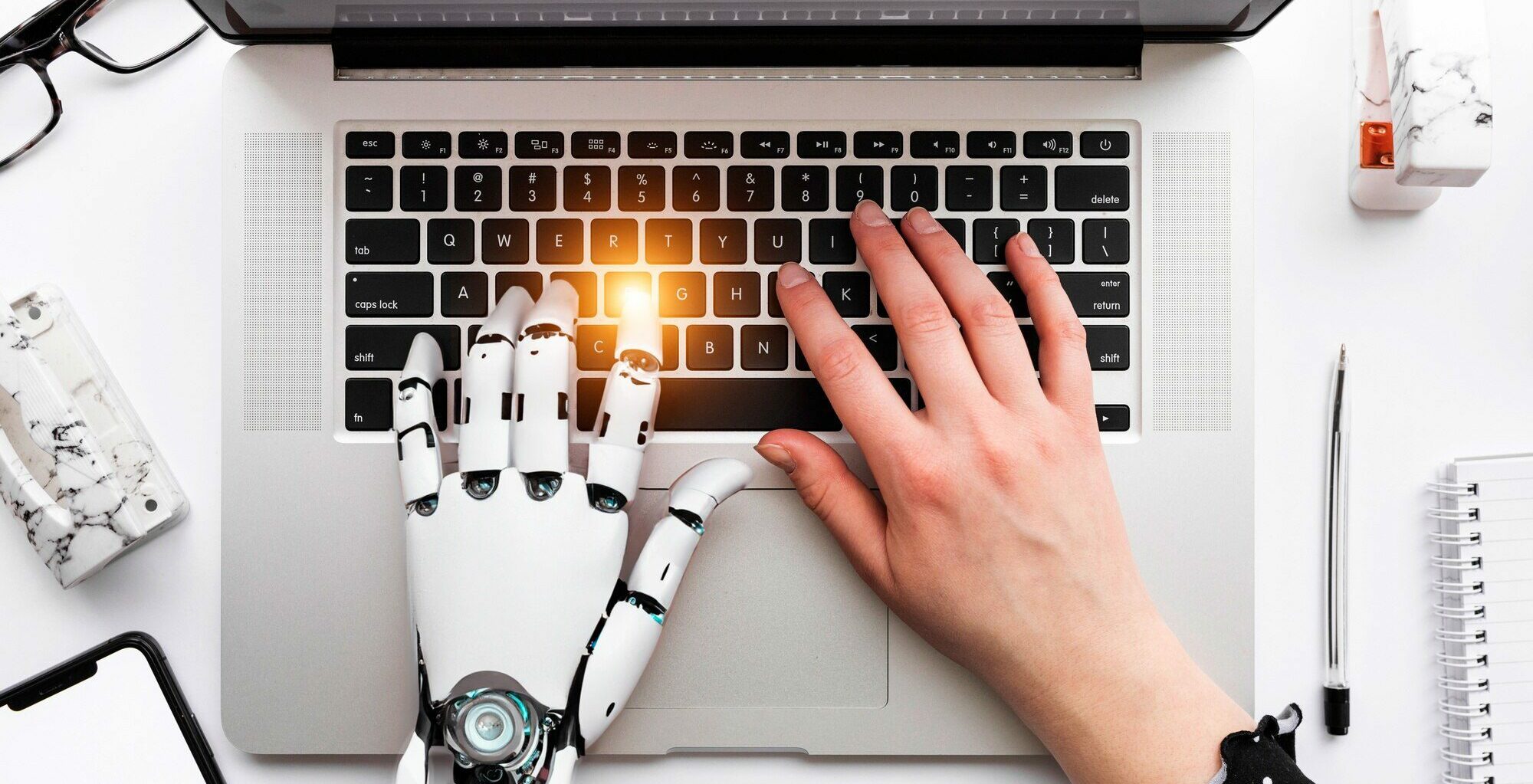
When considering tough problems like climate change, think of a team game where people and computers must play together to win. People are great at making rules and big decisions, while computers are more efficient at reviewing tons of information and helping us figure out what might happen next. It’s like having the best of both worlds when they work together.
Complex problem solving
Consider the monumental challenge of climate change, a multilayer crisis that demands both the strategic, policy-driven actions of humans and the analytical horsepower of machines. No single entity can shoulder the responsibility for such complex issues; it is only through the coordinated efforts of both humans, with their capacity for specialized understanding and policy development, and machines, with their ability to process data and create predictive models, that such problems can be approached with the hope of resolution.
Large-scale data analysis
In the realm of genomics, where over 3 billion base pairs are to be deciphered, the scale of data is simply too vast for human analysis alone. Machines excel in processing such volumes of information. Yet, the discerning eye of human experts must steer this analysis and mold the raw data into actionable knowledge, bridging the gap between quantitative information and qualitative insight.
Ethical decision-making
AI’s growing role in healthcare illustrates the delicate balance between data-driven guidance and human ethics. While AI can provide invaluable predictions and information, the weighty ethical decisions—especially those concerning patient care—remain a profoundly human responsibility. These decisions are rooted in moral values and principles that machines are yet to grasp, let alone apply fully.
Emotional intelligence
Mental health care is another domain where human empathy and AI’s analytical capabilities can lead to superior outcomes. AI may augment the process by providing data-driven insights. Still, the core of care—genuine empathy and emotional connection—is a uniquely human attribute that AI is far from replicating.
Unpredictable or unknown situations
Human agility and adaptability emerge when facing disasters, dealing unpredictably, and making swift, informed decisions. AI can support these efforts by predicting scenarios and aiding in planning. Still, the spontaneous, creative problem-solving and decision-making capacity required in such contexts remain human qualities that AI has not yet emulated.
Recognizing the complementary roles of human and machine intelligence is crucial for individuals poised to contribute to the workforce. Each has its strengths, but their partnership will tackle some of the most challenging and intricate problems society faces. Understanding this collaborative potential is essential for future professionals seeking to make a meaningful impact.